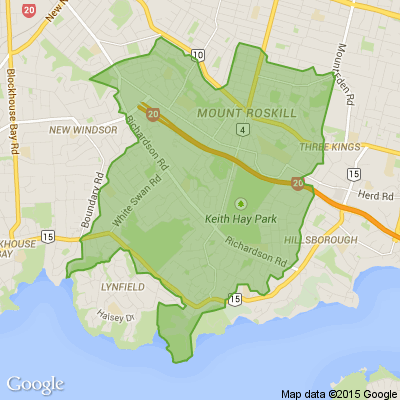The new residence criteria for New Zealand Superannuation (NZ Super) and Veteran's Pension affect people turning 65 from 1 July 2024.
If you're getting NZ Super or Veteran's Pension before 1 July 2024, these changes won't affect you.
====================
New residence criteria
====================
To get NZ Super or Veteran's Pension you must have lived in NZ for a certain amount of time. This is gradually increasing from 10 years to 20 years.
The number of years you must have lived in NZ since you turned 20 is based on your date of birth. You still need to have lived in NZ for at least 5 years since you turned 50.
These years (including the 5 years from age 50) do not need to be consecutive.
Use the table below to work this out:
=============================
Date of birth
Number of years you must have lived in NZ since you turned 20
On or before 30 June 1959 10 years
1 July 1959 - 30 June 1961 11 years
1 July 1961 - 30 June 1963 12 years
1 July 1963 - 30 June 1965 13 years
1 July 1965 - 30 June 1967 14 years
1 July 1967 - 30 June 1969 15 years
1 July 1969 - 30 June 1971 16 years
1 July 1971 - 30 June 1973 17 years
1 July 1973 - 30 June 1975 18 years
1 July 1975 - 30 June 1977 19 years
On or after 1 July 1977 20 years
==================================
If you haven't lived in NZ the whole time, you may be able to use another country to meet the residency criteria if:
it is a country that has a Social Security Agreement (SSA) with NZ, or
it is a NZ Realm country (the Cook Islands, Niue or Tokelau).
If you're recognised as a refugee or protected person, the number of years you need is worked out differently.
Other criteria you need to meet
=========================
As well as meeting the residence criteria, you also need to:
be 65 or older
either:
be a New Zealand (NZ) citizen
be a permanent resident, or
hold a residence class visa, and
be ordinarily resident in New Zealand, the Cook Islands, Niue or Tokelau when you apply.
============================
www.workandincome.govt.nz...
==============================================
⚠️ DOGS DIE IN HOT CARS. If you love them, don't leave them. ⚠️
It's a message we share time and time again, and this year, we're calling on you to help us spread that message further.
Did you know that calls to SPCA about dogs left inside hot cars made up a whopping 11% of all welfare calls last summer? This is a completely preventable issue, and one which is causing hundreds of dogs (often loved pets) to suffer.
Here are some quick facts to share with the dog owners in your life:
👉 The temperature inside a car can heat to over 50°C in less than 15 minutes.
👉 Parking in the shade and cracking windows does little to help on a warm day. Dogs rely on panting to keep cool, which they can't do in a hot car.
👉 This puts dogs at a high risk of heatstroke - a serious condition for dogs, with a mortality rate between 39%-50%.
👉 It is an offence under the Animal Welfare Act to leave a dog in a hot vehicle if they are showing signs of heat stress. You can be fined, and prosecuted.
SPCA has created downloadable resources to help you spread the message even further. Posters, a flyer, and a social media tile can be downloaded from our website here: www.spca.nz...
We encourage you to use these - and ask your local businesses to display the posters if they can. Flyers can be kept in your car and handed out as needed.
This is a community problem, and one we cannot solve alone. Help us to prevent more tragedies this summer by sharing this post.
On behalf of the animals - thank you ❤️

Worst Xmas ever?
There's a a lot of planning that goes into Christmas day and sometimes things just don't go to plan. But it can be a good thing - a family mishap or hilarious memory that you can laugh about in Christmases to come.
Whether you burnt the dinner or were stranded at an airport...
Share your Christmas mishaps below!








 Loading…
Loading…




